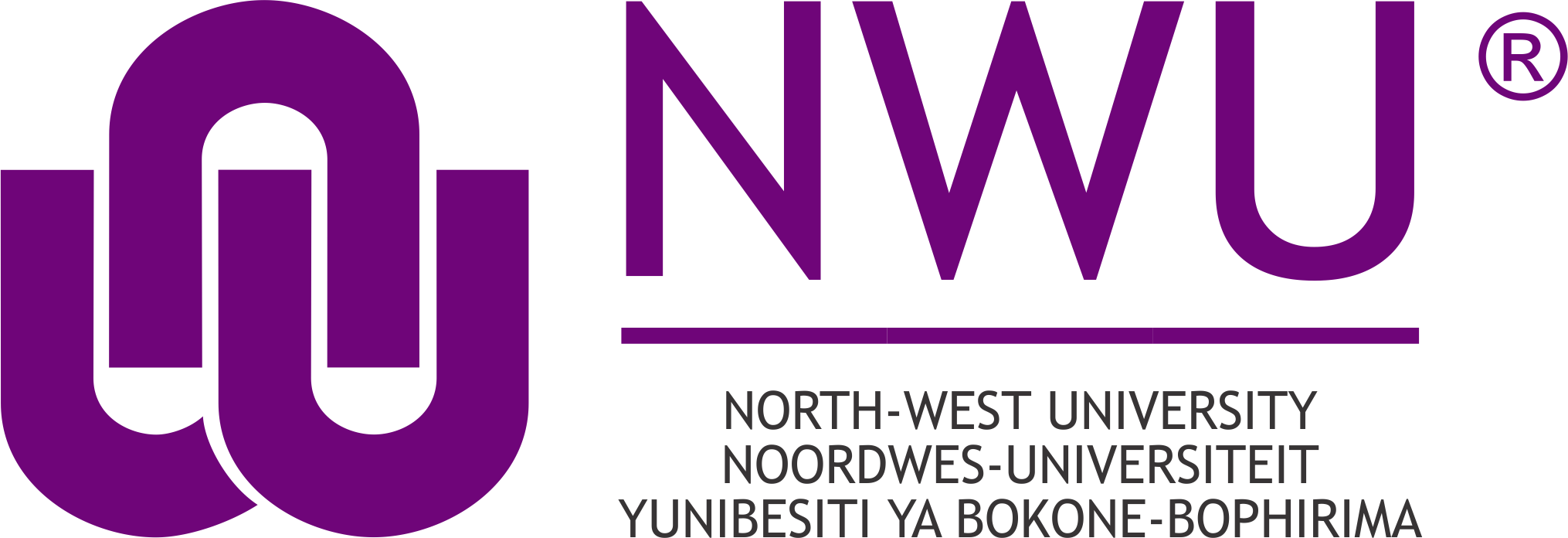NWU now developing trailblazing medicine
New pharmaceutical technology that will not only cure patients quicker, but also accelerate the development of new medication by several years, was recently launched at the North-West University. Into the bargain, this technological breakthrough is a first for the African continent, with the NWU being one of a few universities worldwide to have such technology.
A multimillion-rand machine that can now fill hard gelatine capsules with liquid or gel and seal them, was recently received by Prof Anne Grobler, director of the NWU's Centre for Preclinical Drug Development. "Four years ago, we started talks with Capsugel - a leading dosage form solution and drugs delivery systems company - about the possibility of adapting their CFS1200 machine so that our local drug formulations could be accommodated by this instrument. We could reach an agreement, and are proud to say that consequently we have even attracted international interest in the manufacturing of drugs."
Grobler says a liquid administered drug is generally absorbed by and distributed in the human body faster, therefore increasing the drug's efficacy and accelerating the patient's healing period, and through this development, a capsule form is also now possible. "The instrument is taking us to heights that were never possible before," says Grobler. The real breakthrough is that one can now use a capsule to administer therapeutic molecules that could not effectively be administered in an oral dosage form in the past. Currently, there are millions of compounds with therapeutic potential that could not be used due to various deficiencies regarding dosage or safety or formulation in a useful dosage form. With this new dosage technology, the way is paved for new medicines.
The North-West University has previously also made its mark at international level, with the development and patenting of a unique liquid delivery method of medication, namely the Pheroid method. In this liquid medication form, scientists at the NWU have thus far developed formulations for eight classes of medication, but had to fill the capsules manually. "The human factor can cause mistakes, cause a slow manufacturing process and contamination can occur. This apparatus is definitely one of our flagship instruments and can increase the quality of life of many people. We look forward to taking years of hard work to even higher levels with the development of a liquid dosage form," says Grobler.
According to Grobler, the instrument was funded by commercial interest and government support, and there is already a possibility that the NWU and an international partner will manufacture modern drugs that could be available on the shelves soon.
